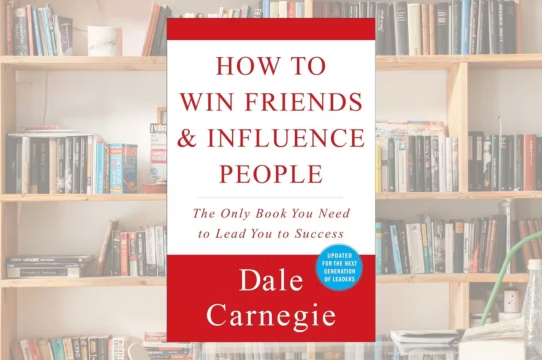The excessive use of drugs leads to addictions can have a profound impact on a person’s physical and mental health.
Let’s start by defining mental health and addictions
Mental health refers to a person’s overall emotional, psychological, and social well-being.
Addiction is a compulsive need to engage in a behavior or use a substance despite the negative consequences it may cause.
Understanding the relationship between drug addictions and mental health is crucial for those seeking to improve their overall well-being.
Effect Of Drugs Abuse On Mental Health
The abusive use of drugs can lead to depression, lack motivation, low self-esteem, and feelings of hopelessness.
This is why anxiety disorder is one of the most common mental health issues we have today.
People with mental issue may quickly turn to drugs or alcohol to cope with their stress and worries.
But this can spiral into more addiction, worsening their overall mental health.
Beyond anxiety, not managing stress is also a factor that can contribute to addiction.
When people are under stress, they may seek relief in substance abuse. This also can further increase stress levels in the long run, creating an endless pattern of mental health issues.
How To Stop Abusive Use of Drugs Without Rehab
There are various treatment options available to treat addictions before it gets to rehab.
Support groups like Alcoholics Anonymous or Narcotics Anonymous can also be helpful in treating addiction and improving mental health.
These groups provide a supportive community for people struggling with addiction, helping them to feel less alone and more motivated to overcome their addiction.
Antidepressants can also help to treat depression, while anti-anxiety medication can help to manage anxiety.
There are also medications, such as naltrexone, that can help to reduce cravings and improve the chances of long-term sobriety.
If none of those work, then therapy can be the next.
Therapy can be an effective way to treat drug addiction and improve mental health.
Cognitive-behavioral therapy (CBT) and dialectical behavior therapy (DBT) are commonly used to treat these issues.
These therapies help people to identify and change negative thought patterns and behaviors that contribute to their addiction.
Last, beyond any medical help, I also need you to seek the help from God. Call on Him and He will answer you.
Treating excessive use of drugs and improving mental health go hand-in-hand. It’s essential to address both issues simultaneously if you want to break the cycle
Final Thoughts On Addiction And Use Of Drugs
Addiction with drugs can have a significant impact on mental health, leading to depression, anxiety, and stress.
Whether it’s substance abuse, gambling, or another type of addictive behavior, the consequences can be severe, leading to depression, anxiety, and stress.
With the right treatment and support, it is possible to break the cycle of addiction before getting to rehab.
If you or someone you know is struggling with addiction, contact any mental health organization closer to you.


